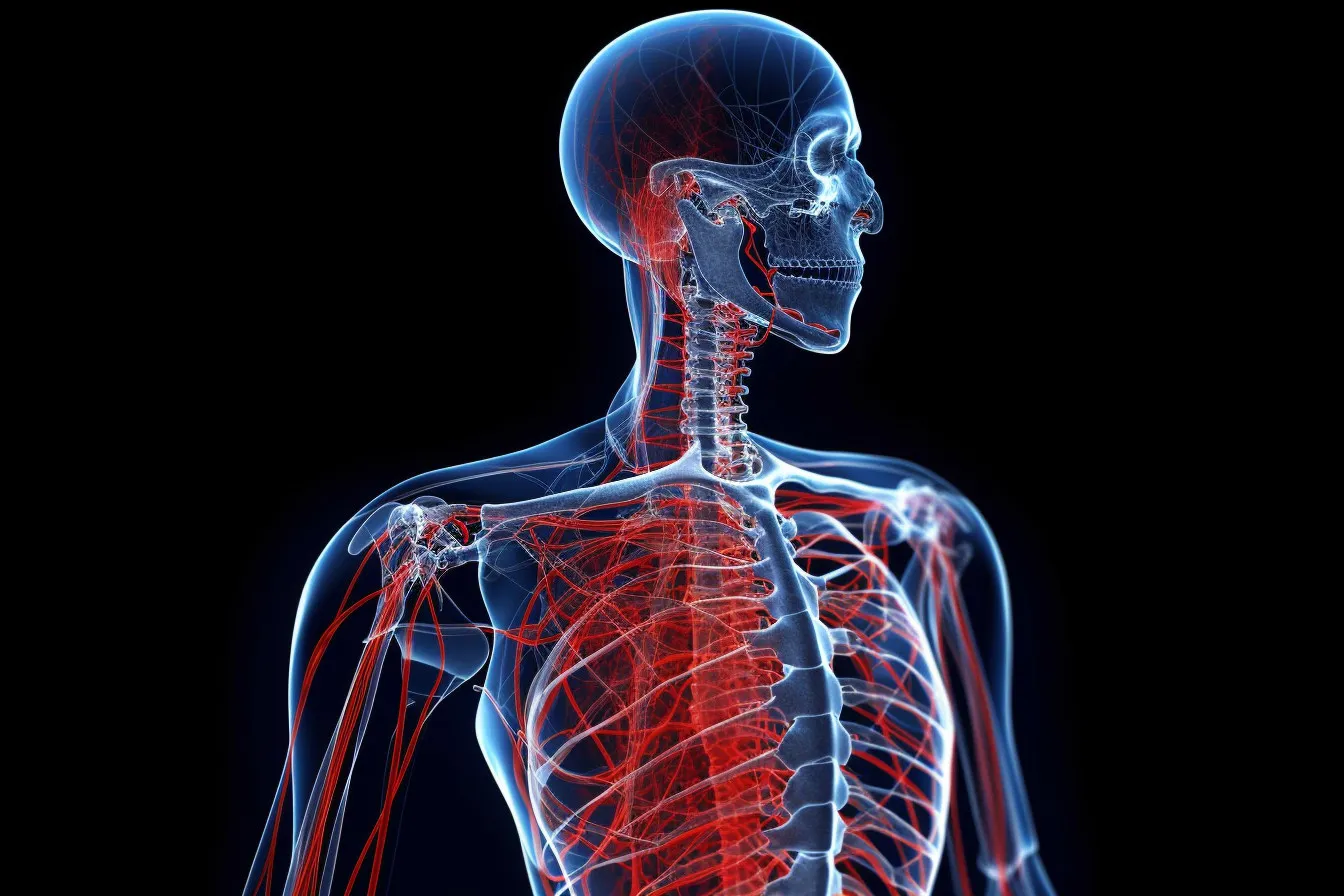Vitamin K is an essential vitamin required for many important processes in the human body, including the proper functioning of bones and cardiovascular systems. Many people are not aware of its importance, but it may provide great benefits to our health.
What is Vitamin K?
Vitamin K is a fat-soluble vitamin found in many foods, such as green leafy vegetables, dairy products, eggs, and liver. There are two forms of vitamin K: phylloquinone (vitamin K1), which is the primary form found in plants; and menaquinone (vitamin K2), which is produced by some bacteria. While both forms can be effective for our health, recent studies suggest that vitamin K2 may provide greater bone and cardiovascular benefits than vitamin K1.
Bone Benefits
Vitamin K plays a critical role in bone metabolism by increasing bone mineral density (BMD) or bone strength. It helps the body absorb calcium from food sources and deposits it into the bones and teeth. This helps reduce the risk of osteoporosis (a condition marked by weak and brittle bones) in older adults, as well as fracture risk in both sexes. Additionally, taking vitamin K supplements may also reduce age-related bone loss.
Cardiovascular Benefits
Studies also suggest that Vitamin K could help promote healthy cholesterol levels. It has been suggested that this vitamin can decrease levels of “bad” cholesterol (LDL) while increasing levels of “good” cholesterol (HDL), thus aiding in the prevention of heart attacks and strokes by reducing atherosclerosis (hardening of arteries). In addition to its beneficial effect on cholesterol levels, Vitamin K has been suggested to reduce inflammation markers within the body, further protecting against heart disease. Furthermore, Vitamin K2 has been studied for its potential protective effect against calcification within arterial walls – a major cause of cardiovascular disease – further protecting against heart attack and stroke.
How Much Vitamin K Do I Need?
The recommended dietary allowance for adults aged 19-70 is 90 mcg/day for men and 75 mcg/day for women; however pregnant or lactating women should increase their intake to 90 mcg/day as well. As different foods contain different amounts of this essential vitamin it may be necessary to take dietary supplements to get enough vitamin k each day especially if you do not eat leafy green vegetables or other common Vitamin k rich foods such as soybeans or avocado on a regular basis.

Bronson Vitamin K Triple Play (Vitamin K2 MK7 / Vitamin K2 MK4 / Vitamin K1) Full Spectrum Complex Vitamin K Supplement, 180 Capsules
$19.99 ($0.11 / Count)
Triple The Support Complex: Provides both Vitamin K1 and two forms of Vitamin K2, Vitamin K2 MK4 (Menatetrenone-4) and Vitamin K2 MK7 (Menaquinone-7). Bone Health Support: Vitamin K Triple Play is scientifically formulated to help support strong bones.
In conclusion, Vitamin K plays an important role in maintaining healthy bones and cardiovascular systems. Eating foods naturally high in this essential nutrient such as green leafy vegetables or taking dietary supplement can help ensure you get enough vitamin k on a daily basis so your bones and cardiovascular system stay strong throughout your life

